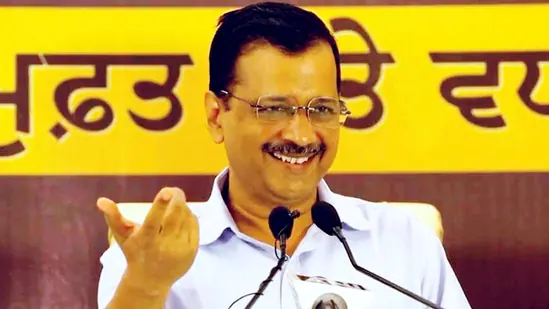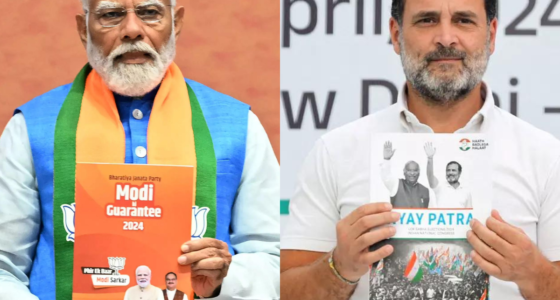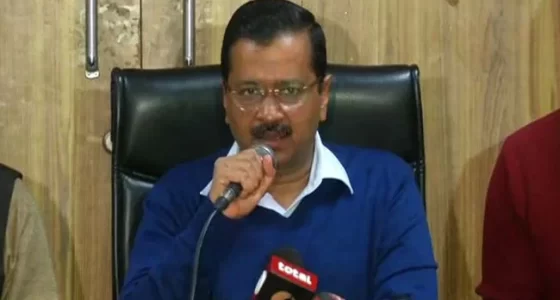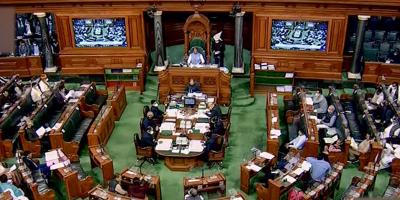Arvind Kejriwal, the Chief Minister of Delhi and the leader of the Aam Aadmi Party, recently raised a controversial question regarding the implementation of the Citizenship Amendment Act (CAA) by the Central government. He suggested that the motive behind introducing CAA may have been to increase the Bharatiya Janata Party’s (BJP) vote bank.
Kejriwal’s statement has sparked a debate among politicians, analysts, and citizens across the country. While some believe that there is a political agenda behind CAA, others argue that it is aimed at providing protection to persecuted minorities from neighboring countries.
Examining the motives behind CAA
The Citizenship Amendment Act, passed by the Indian Parliament in December 2019, offers citizenship to non-Muslim refugees who have faced religious persecution in Pakistan, Bangladesh, and Afghanistan. Proponents of the law argue that it upholds India’s humanitarian values and provides a safe haven for oppressed individuals.
However, critics like Arvind Kejriwal allege that CAA discriminates against Muslims and is part of the ruling party’s strategy to polarize voters along religious lines. They claim that by targeting specific minority groups for citizenship benefits, BJP aims to consolidate its support among Hindu voters.
The impact on Indian politics
The controversy surrounding CAA has added fuel to already existing tensions within Indian society. The law triggered widespread protests across the country, with many expressing concerns about its implications for secularism and constitutional values.
Arvind Kejriwal’s skepticism about Centre’s intentions behind implementing CAA raises crucial questions about the intersection of politics and governance in India. As a prominent opposition figure, his statements reflect growing apprehensions about the ruling party’s agenda and priorities.
Evaluating Kejriwal’s allegations
While it is essential to scrutinize government policies and decisions critically, making sweeping accusations without concrete evidence can be counterproductive. As a responsible leader, Arvind Kejriwal must substantiate his claims with verifiable data and logical reasoning rather than relying on mere speculation.
The public discourse surrounding CAA should focus on facts and analysis rather than sensationalism or hyperbole. By engaging in constructive dialogue and presenting well-reasoned arguments, stakeholders can foster a more informed discussion on this contentious issue.
In conclusion, it is imperative for political leaders like Arvind Kejriwal to approach complex issues such as CAA with diligence and integrity. By prioritizing transparency, accountability, and inclusivity in governance practices, they can uphold democratic values and promote social cohesion in diverse societies like India.









